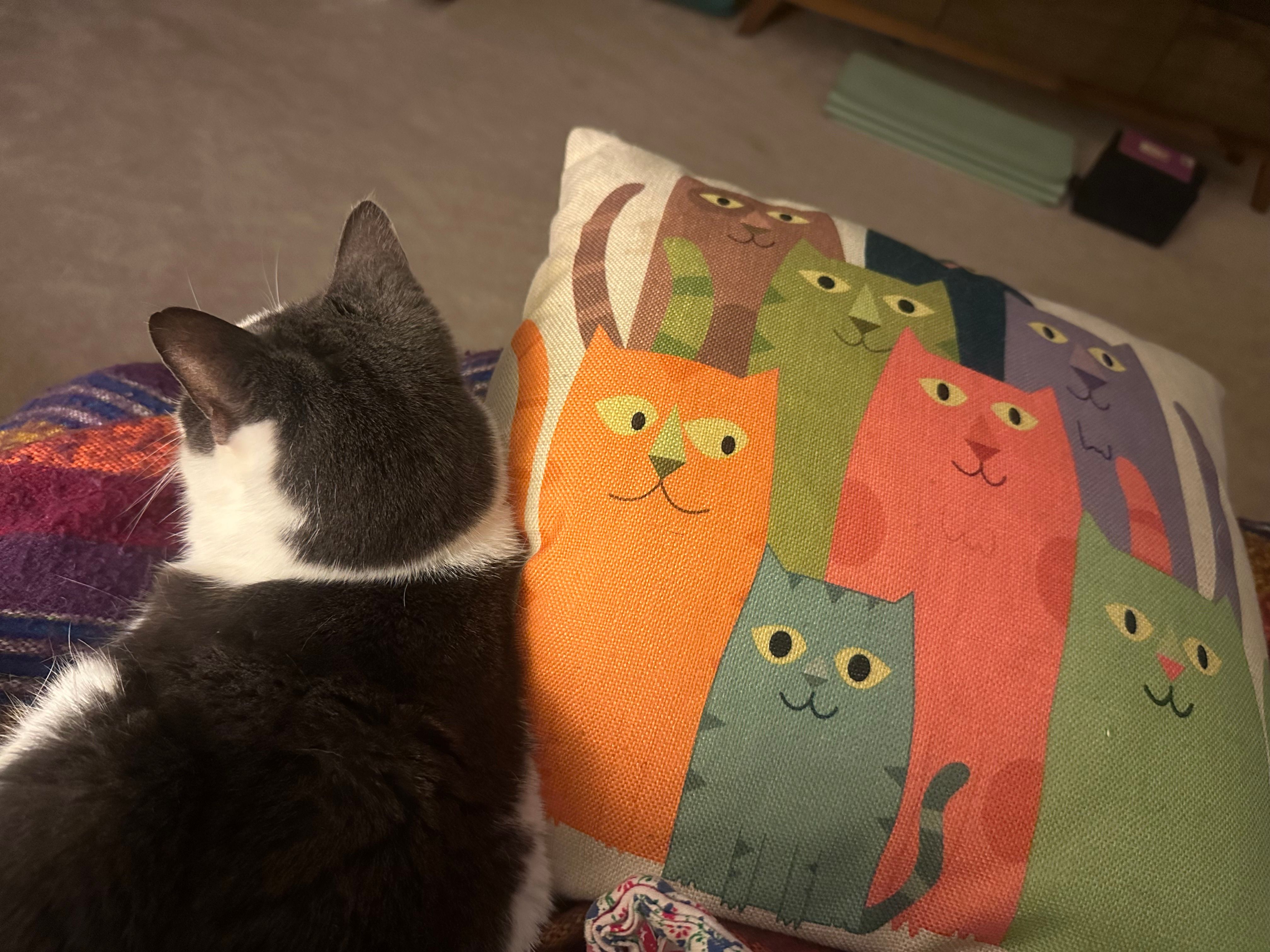
• read
Why I Became a Coach
The story of how I became a coach. ...
For a while now, I have been allowing myself to imagine ways to make healthcare better. The systems we have in place in mainstream medicine and healthcare systems are not working, not enough. Corporate medical care certainly does not have all the answers. What has shown to improve maternal health, especially mental health, is community. Being pregnant or postpartum, breastfeeding or going through fertility issues, IVF miscarriage, or pregnancy termination can all be so isolating. Community support for reproductive health is vital. It is a fact that suicide is one of the leading causes of maternal death. Having a community supporting you while you go through a vulnerable reproductive health issue can be life affirming.
Communities help maternal health by reducing isolation and providing emotional and material support. This can take the form of community health centers, support groups, doula care, group pregnancy care or personal communities. People can join/find/build communities based on geography, faith, identities, activities and interests or life experiences.
So how do we create these communities and utilize them for reproductive health care support? Some communities are based around being “anti” reproductive health care or shaming pregnant people, and how do we help people that are harmed by these communities?
Self-advocacy is a good place to start- Educating pregnant people on how to be their own best advocates for what is important and valued in their lives. And then finding community that aligns with this, so they do not have to live in isolation. This means as healthcare workers and birth workers we must be willing to set our own personal beliefs aside to support the pregnant person’s autonomy, especially when it comes to medication decision making. Part of what many of my patients have expressed makes them feel so isolated and unsafe is being told they must do this or that and not really knowing why or what the motivation is on the part of the healthcare worker. They feel nothing has been adequately explained and they don’t know what is happening to them at one of the most vulnerable points in their lives. Instead, we must start from the pregnant person’s values- and then impart our knowledge and expertise based on this. This is true shared decision making.
Education and communication are important for shared decision making. This can also be accomplished in community, whether that is the small dyad of pregnant person and prenatal care provider or a larger support group. Group pregnancy care, also called Centering Pregnancy is a way people can go through prenatal care together. This creates a small community that is educated together, grows together and can include private time with their healthcare provider so that privacy is also respected.
Doula care is also valuable here- a micro community of doula and birthing person. A doula can support, educate and advocate. This type of care is not always financially possible for people, but it is becoming more prevalent and available in different areas, for instance doula care is covered by Medicaid in some states now.
Community Health Centers provide resources and health services to underserved population but can also serve as a model for community care. In my area, the community health centers have the most available mental health and social services support compared to patients being seen in private practice.
We know that social support improves physical and mental health. Community support can also increase access to education and other resources. There is strength, resilience, connection, knowledge and power in community. Community is the future of maternal health.

• read
The story of how I became a coach. ...

• read
reflection on my title as a transition into a more hybrid role of doctor and coach rather than simp...

• read
A call to reimagine maternal care: Join a growing collective of patients, birth workers, and healthc...